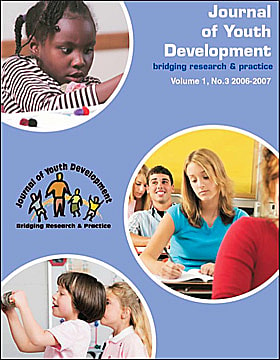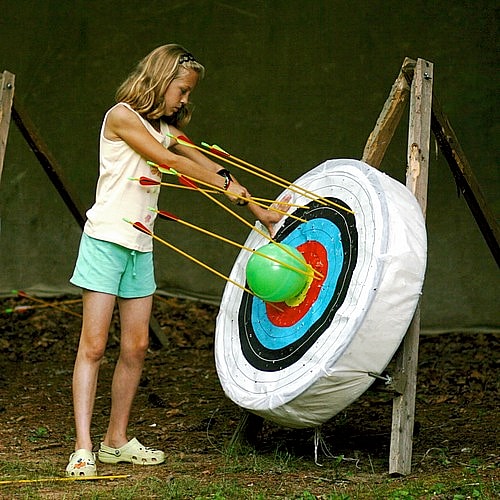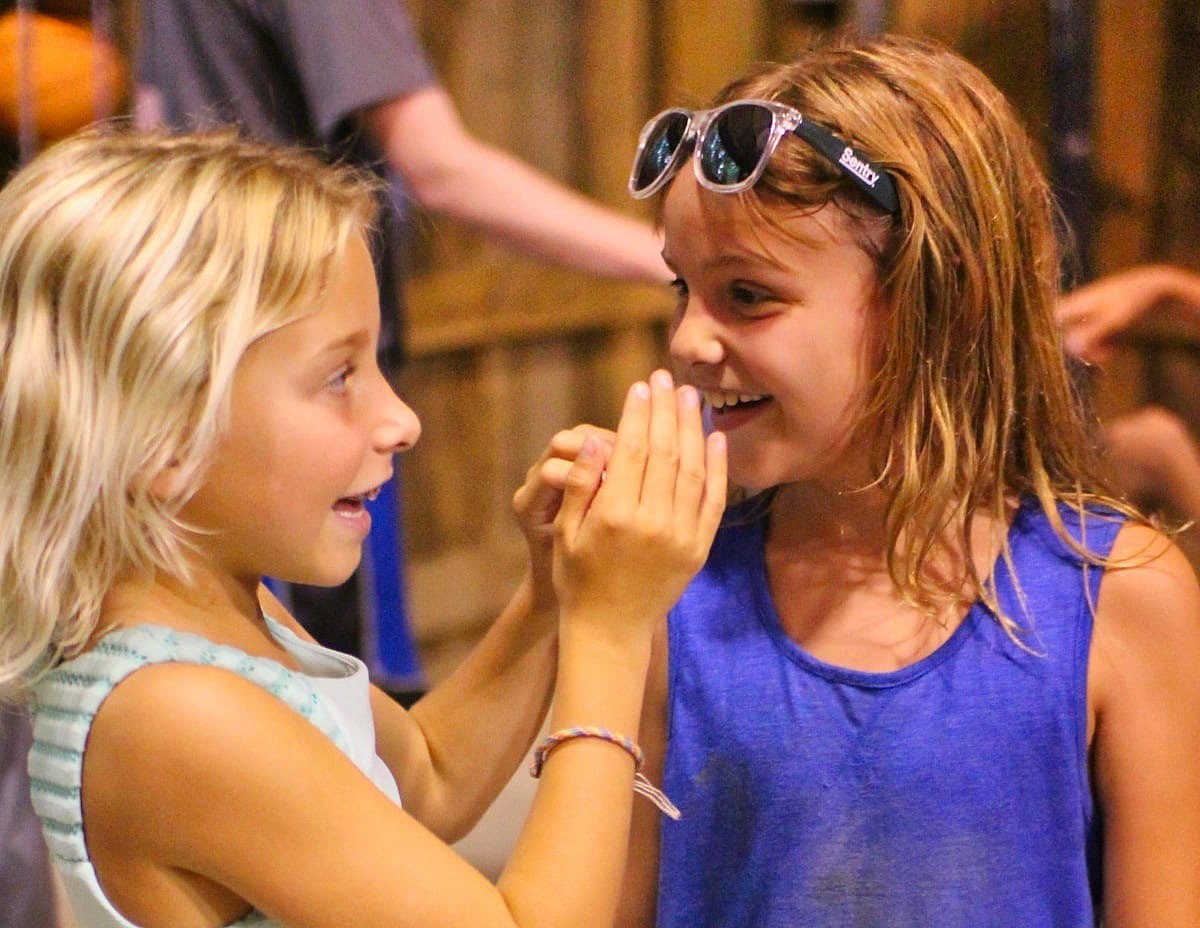Our friend Tom Rosenberg at Blue Star Camps recently turned us on to Zoe Weil, the author of several books on “Humane Education” and the president of the Institute for Humane Education. He quite rightly claimed that the experience of camp is a powerful and effective way to bolster this kind of education for children. But what makes education “humane?”
Looking at the Institute’s Web site, you find “Humane Education” instills:
the desire and capacity to live with compassion, integrity, and wisdom, but also provides the knowledge and tools to put our values into action in meaningful, far-reaching ways.
Humane education aims to inspire children to be curious, creative and thoughtful in their approach to the world, and thereby fosters a kind of warmth and sensitivity whereby they can be better problem solvers, help others, and lead more meaningful lives. The Institute has developed a body of lesson plans, books, videos and articles to help educators incorporate these goals and principles.
Much of this revolves around the notion of community and that’s why camp is so well suited to encourage humane education. Coming to Rockbrook means joining a close-knit community where campers and counselors alike agree to cooperate and respect each other. We live together in cabins, share chores, resolve disagreements, and experience firsthand the importance of honest communication. It’s the power of community that heightens our awareness and inspires humane values while at camp.
Most children experience far too little humane education and as a result fail to respond to many of the issues and challenges of our day. Camp can be one way to help raise a humane child. It can be a real lesson in community, in compassion, and in respect. We already knew camp was a special experience; now we know another reason why.
Zoe Weil doesn’t mention camp, but you can get a great sense of what she’s doing from this TED talk.












